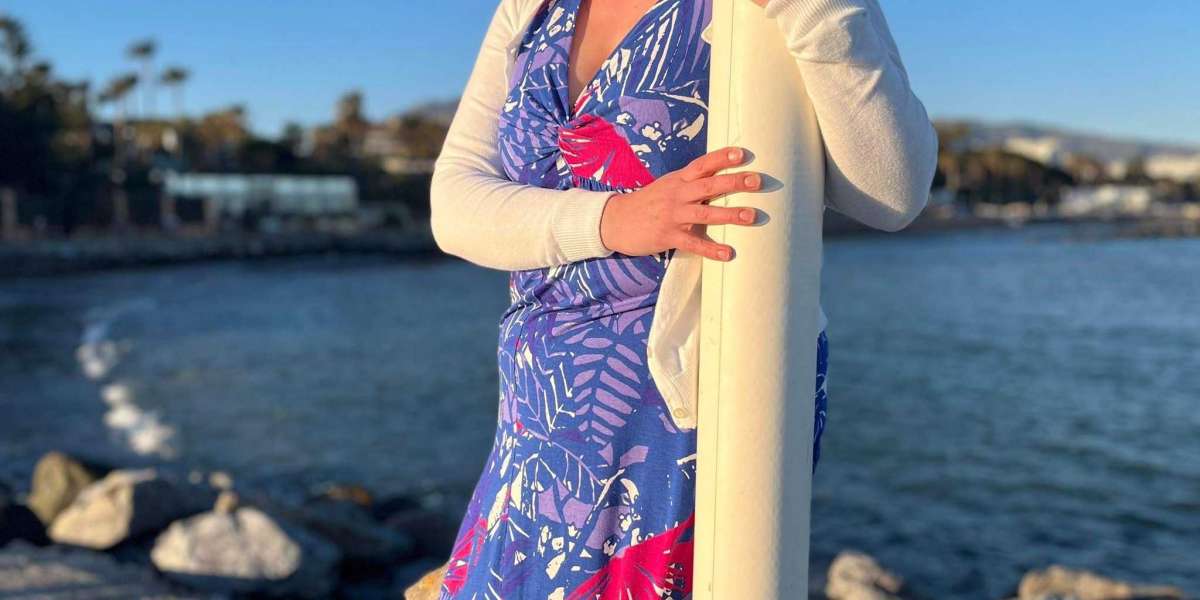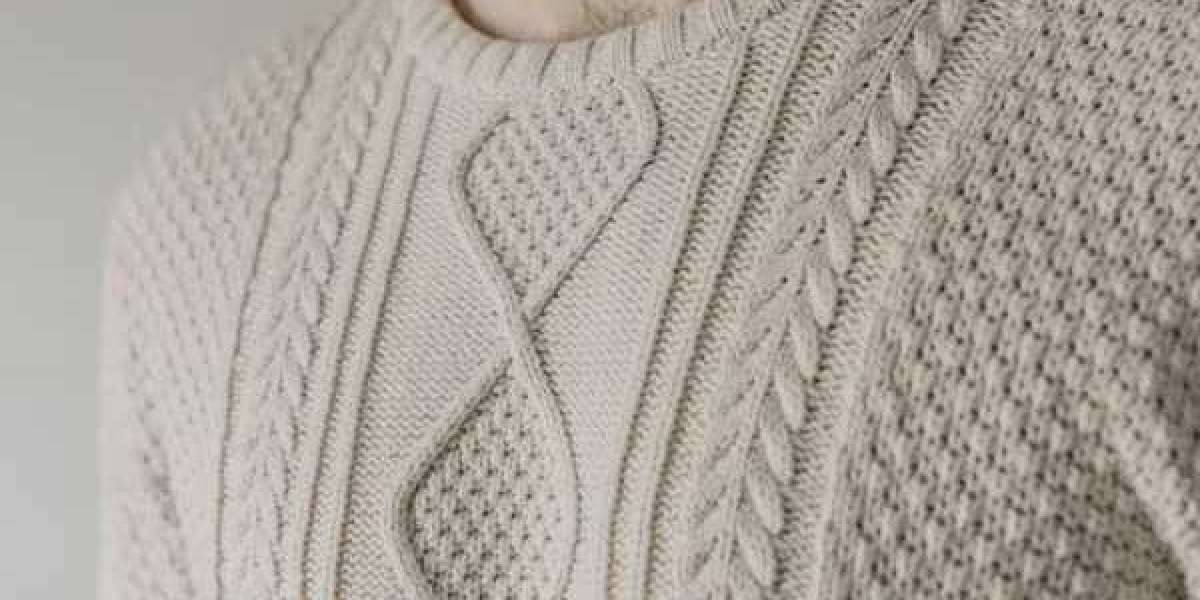Navigating The World - A Guide To Thriving With Sight Loss
When you receive a sight loss diagnosis at any age, you have two choices.
You can choose to either survive or thrive.
I was 15 when my genetic, progressive, and incurable eye disease was finally diagnosed. I had been visiting the paediatric eye consultant for several years, being told that I was an “enigma”, and returning to the clinic in a few months’ time to be told the same, that they didn’t know what was wrong. There was no need for prescription lenses, yet I couldn’t read the eye chart as I should have been able to.
When the diagnosis was finally delivered, bluntly over the phone just before Christmas to my Mum, I felt relief. Relief that I wasn’t imagining things, that there was a reason why I could no longer see the board at school unless I sat on the front row, or at the teacher’s desk. Why the words kept moving and disappearing on the page when I tried to read. Why I had given up playing badminton for my county because my performance had gone downhill rapidly, but without knowing why. Turned out I was losing the shuttle in the central vision that was disappearing due to my sight loss.
Survival Mode
This meant just getting on with life, and not really acknowledging that I was now registered as sight impaired, would never be able to drive a car as I’d already lost too much vision. A few months later I was registered as severely sight impaired (blind).
I had just started my GCSE studies. My timetable was adapted, some subjects were dropped to allow me time to keep up with the core subjects, as it took me much longer to complete work that that of my peers.
Survival was grin and bear it at school when my magnifying glass was passed around for everyone to look through, preventing me from getting on with my work.
Survival was cringing inside whenever anyone told the teacher “Yellow chalk”, as that was easier for me to see on the board. I was too polite and introverted to draw even more attention to myself by asking for this reasonable adjustment.
Survival was not telling other mums at baby group that I couldn’t see my own baby lying on the floor next to theirs.
Survival was trying to fit in and be ‘normal’ like everyone else I knew.
But when I hit 40 that all changed.
I no longer wanted to survive. I wanted to thrive and embrace who I was.
For over two decades I had hidden my real self, because I thought that was the only way I would be accepted. Yes, my close friends knew about my sight loss, but I didn’t make a fuss or draw attention to it. I had always hated being the centre of attention, a throwback to sitting at the teacher’s desk with 29 pairs of eyes on my back.
It was time
I wanted to be free of the shame, embarrassment, and insecurity I had felt for so long.
I had embarked on a personal development journey, growing in my confidence and self-belief. I began to share snippets of my life with sight loss on social media, portraying it in a positive way rather than a ‘poor me’ mindset.
And the response was overwhelming.
People didn’t think I was weird, a freak or any less of a person.
Yes, there were lots who clearly found the whole scenario of my effectively coming out of the sight loss closet hard to process. They no longer spoke to me. Mostly parents at the school gate, who thought that they could get away without having to speak to the blind lady with the long white cane, because I couldn’t see them. This says way more about them as a person, than it does me. And quite frankly for grown adults in their 30’s and 40’s to behave in such a childish way, well its laughable. But it still hurts.
It makes you feel insignificant, like you don’t matter, don’t belong, and aren’t welcomed.
You quickly realise who your true friends are, and often that circle is very small. It is hard for others to fully comprehend what life must be like in my shoes. And the ones who slipped away clearly didn’t want to learn.
Your tribe will help you thrive.
Surrounding yourself with the right people who will cheer you on, celebrate your achievements, support you when you have setbacks, and be a listening ear when the grief cycle of sight loss rears its head is imperative.
You can learn a lot about humans from their behaviour’s.
There are some that actively want to know, in order that they can be supportive.
And there are those that just don’t’ want to know. As if by not acknowledging it, means that it’s not happening to them.
Disability and Stigma
There is still so much stigma that surrounds disability, but I believe that this is down to fear, uncertainty and a lack of knowledge and awareness. We need to collectively ditch the whole not talking about things and be more childlike in our curiosity. When we ask questions, we get answers, and that is how we learn.
It's so interesting listening to young children asking their grown ups why I have a white stick, and then the response. It’s often embarrassed, lacking in knowledge, totally made up and often the subject gets changed so that the grown up doesn’t have to answer. All because they themselves lack the knowledge.
Knowledge is power!
If you don’t know the answer to the question, then ask. Politely and with respect. You could utilise a search engine but be aware that not everything you read online is the truth, you are much better to ask the person with the daily lived experience.
Any questions?
Don’t be shy, I’ve heard all sorts! Feel free to contact me if you have questions.
PD. A photo of Lou, a white female with short brown hair. She is wearing a blue, pink and white floral maxi cress, white cardigan and dark wraparound sunglasses. She is standing holding a white flagopole on a pier, with the shoreline of Marbella behind her. She is smiling at the camera.









Laura Bond 2 سال
Love this Lou - beautifully written x